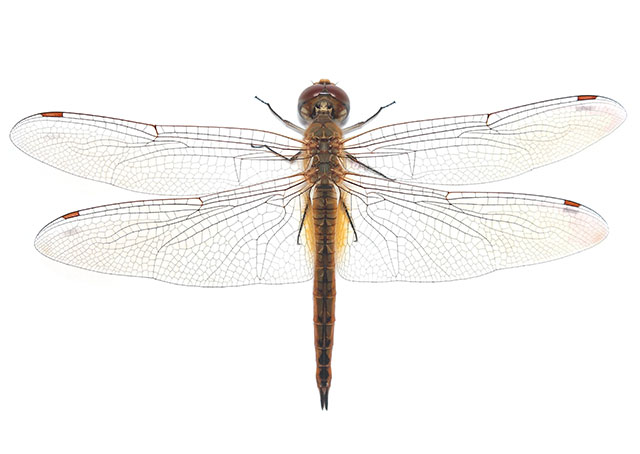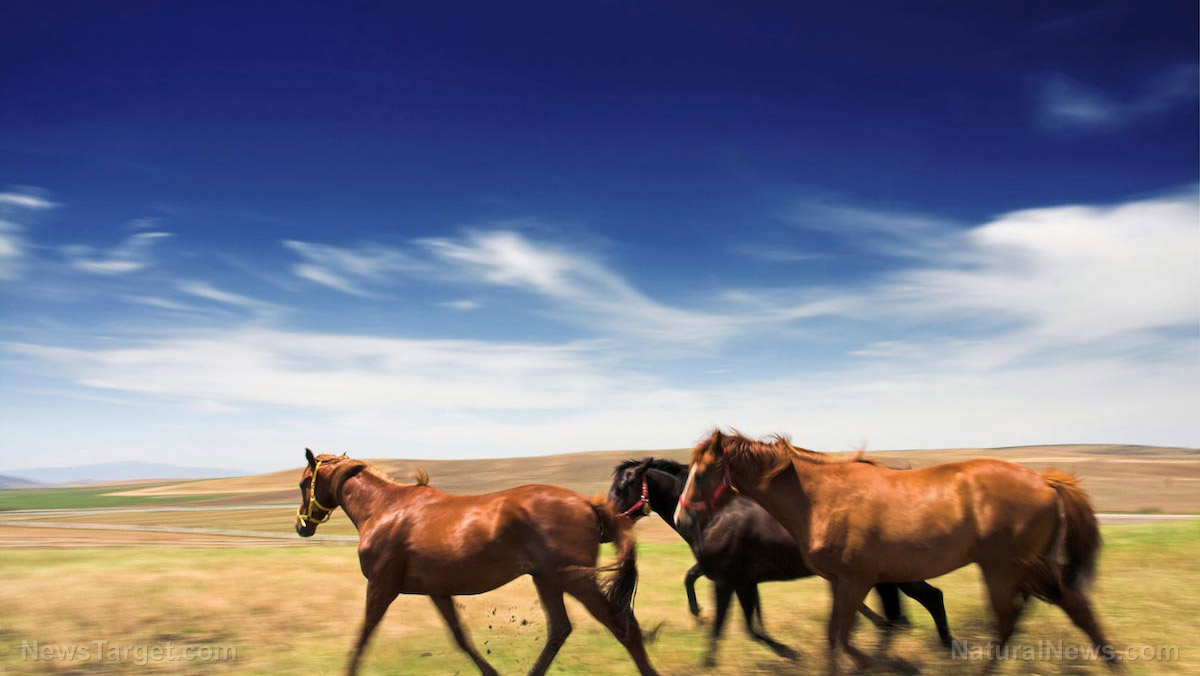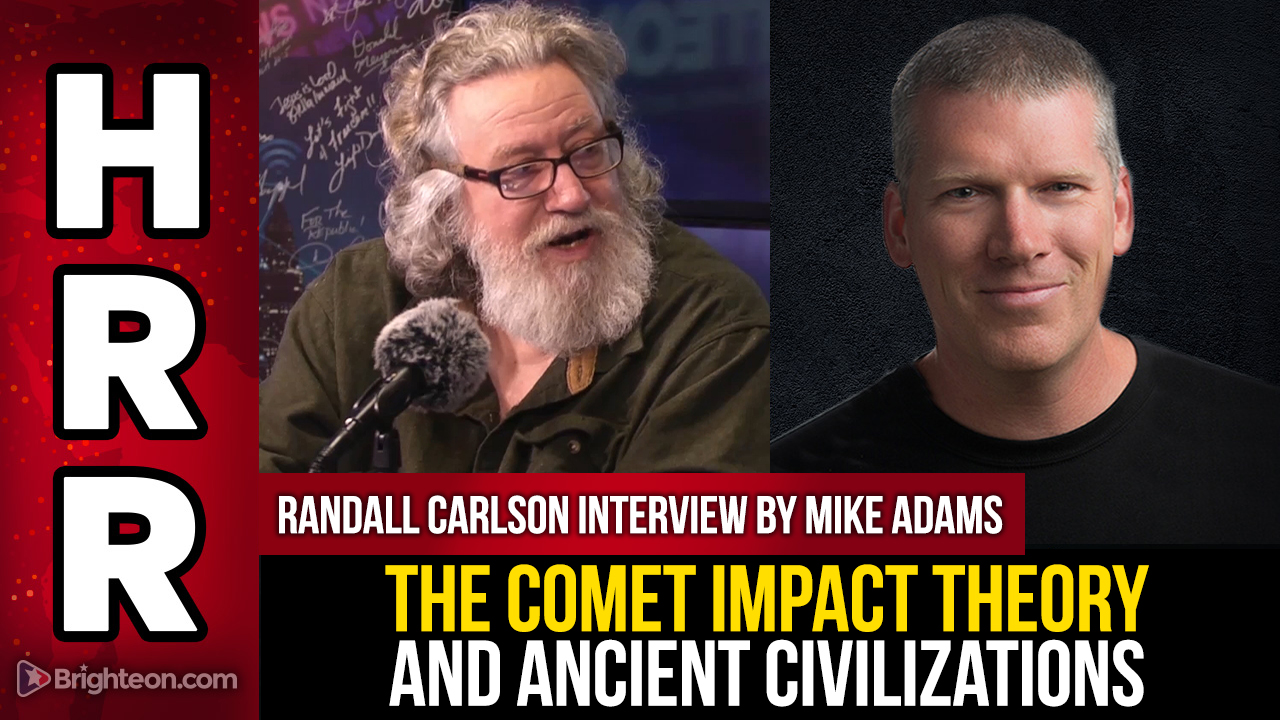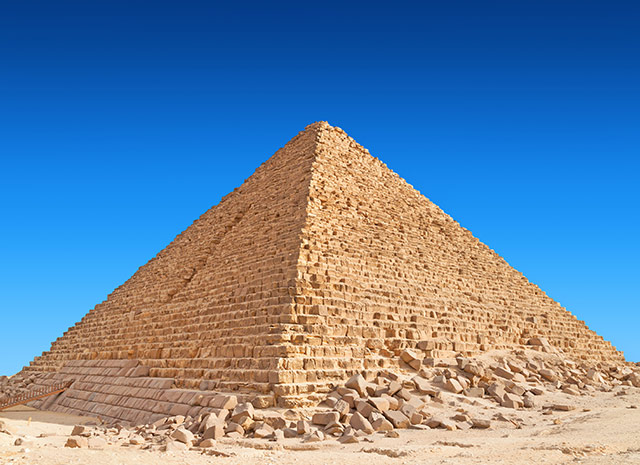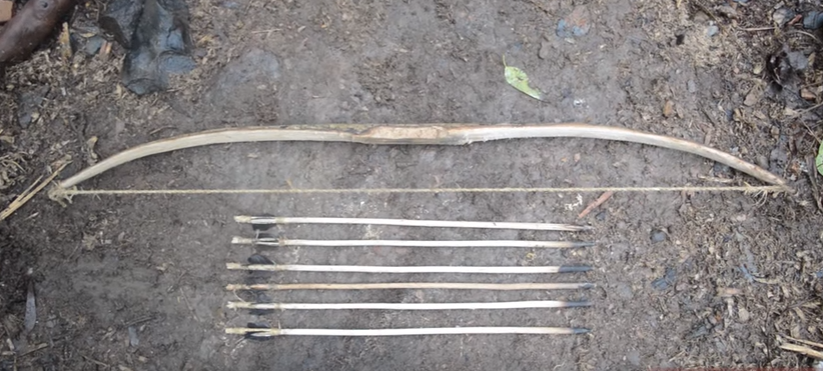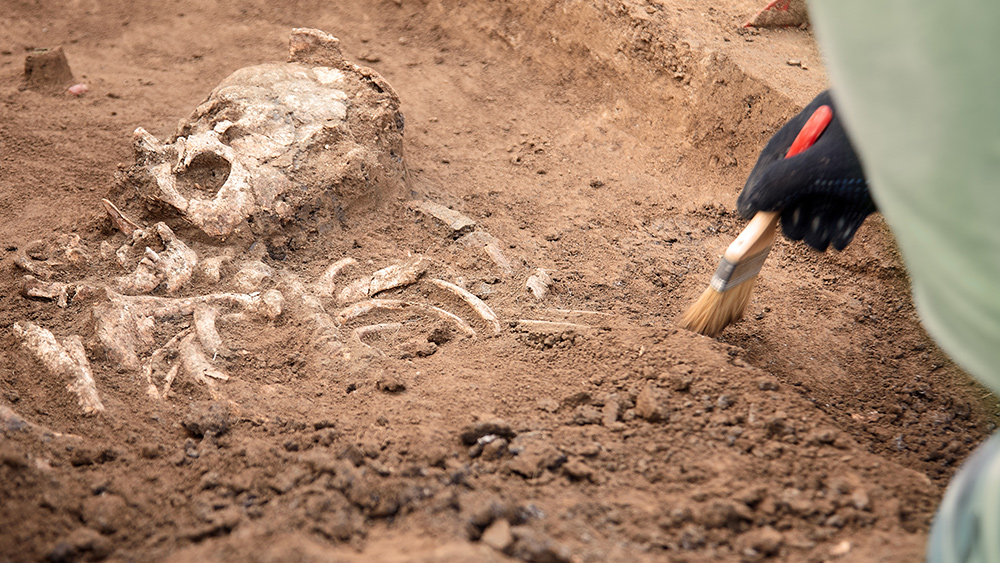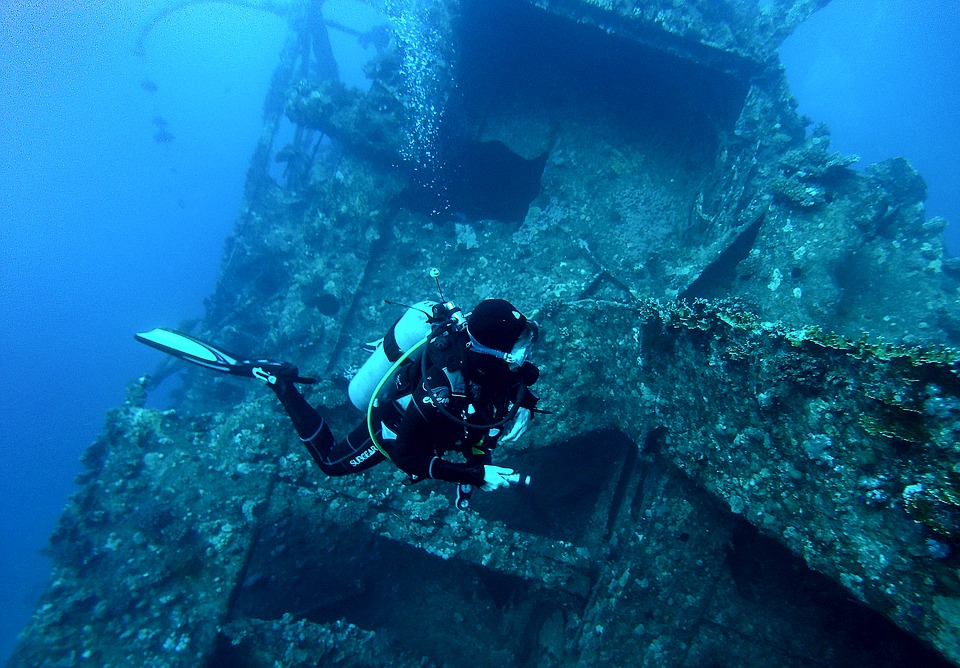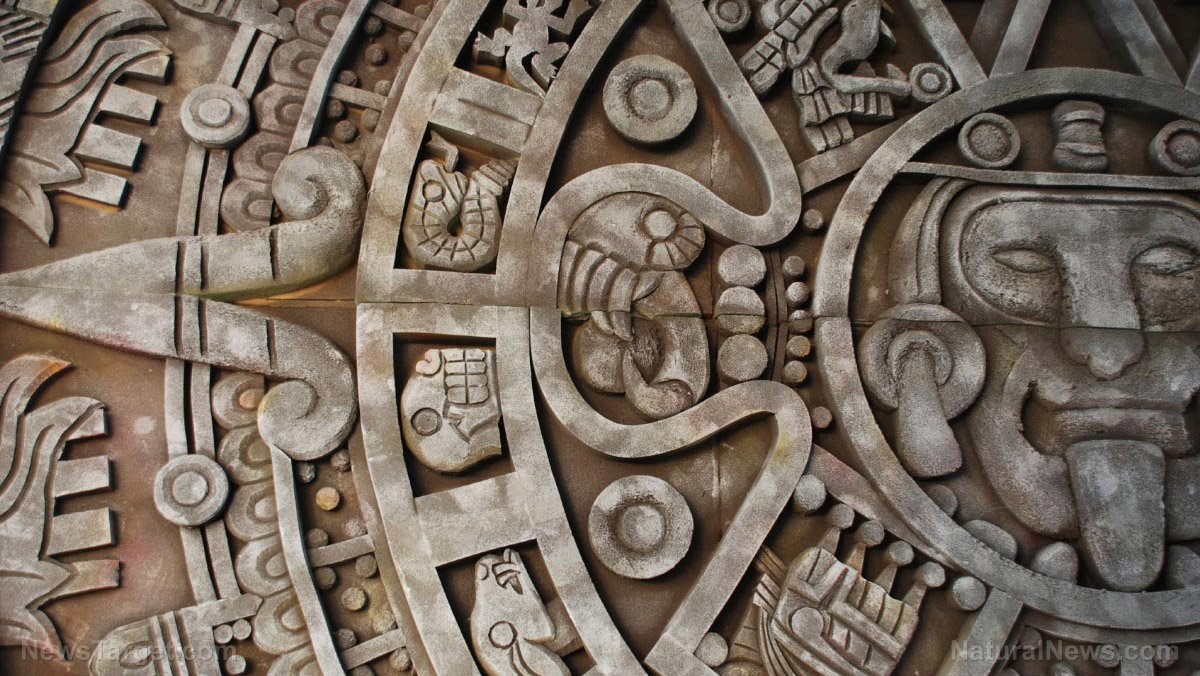Archaeologists discover statues that may be depicting people from the lost civilization of Tartessos
05/09/2023 / By Kevin Hughes
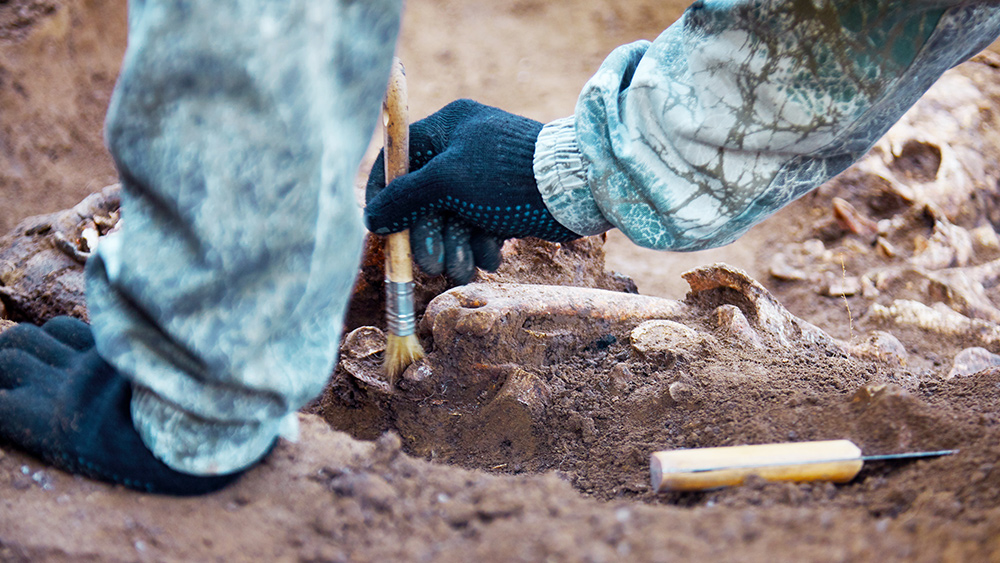
Archaeologists in Spain have unearthed statues believed to resemble people of the ancient Tartessos civilization.
Five stone busts from 2,600 years ago were discovered at Casas del Turunuelo, a historical monument in Guarena, southern Spain. The statues dating from the 5th century B.C. had faces that depicted people from the Tartessos, who lived in the southern Iberian Peninsula about 3,000 years ago. But the Tartessos inexplicably vanished – and what its people looked like has long been a matter of speculation. .
Researchers at the Spanish National Research Council (CSIC) noted that the busts are the first human depictions of the Tartessos people. Sebastian Celestino, a researcher at the Institute of Archaeology of Merida, concurred with this observation.
“This breaks the paradigm that the Tartessian was an aniconic culture, that is one that had no figurative or anthropomorphic representation,” Celestino told Spanish newspaper El Pais.
“Whether it was an artisan from elsewhere or someone born in the area who mastered the techniques, it seems clear that they were sculpted here. [It] says a lot about the level of sophistication of those who commissioned something like this.”
A recent photo of two of the five busts showed figures resembling two female personalities. Both were pictured with large and elaborate earrings, showcasing the goldsmithing abilities of the Tartessians.
Esther Rodriguez, co-director of the site, told El Pais: “These types of earrings have been found at other sites of the era and region. So, they are very well-documented, but now we finally know how they were worn. The chain was used to attach it to the ear.”
The two busts reportedly depicted the two women as goddesses, while a third bust represented a warrior. Meanwhile, the other two busts that weren’t as well preserved as the earlier three could also represent some type of deity.
CSIC said the researchers are not ruling out that they are eminent figures in Tartessian society. It is possible that they were initially all part of the same wall-mounted structure and together described some sort of story or narrative.
Tartessos linked to lost ancient city of Atlantis
During the 9th century B.C., the intermingling of Phoenician colonizers and the local people in the southern Spanish area where Turunuelo is presently located gave birth to the Tartessian civilization. Tartessos flourished and became wealthy through the trade of metals. The civilization’s huge wealth and prosperity stemmed from metalworking and the trade of tin, gold and copper.
Tartessos had also been associated to the legendary Atlantis – an ancient city that was supposedly devastated and sank under the Atlantic Ocean. How and why this occurred is still a mystery. Some cited Tartessos as the source of the myth of Atlantis, while others believe Tartessos was a contemporary trading partner of the lost ancient city. (Related: Prehistoric site described as “real-life Atlantis” – experts in a race against time to retrieve treasures before it disappears again.)
It’s common belief that the story about Atlantis was made up 2,300 years ago by the Greek philosopher Plato, but some history fans continued with the notion that it really did exist.
Many believe the lost civilization was destroyed by the Bermuda Triangle. This area of the Atlantic Ocean, also called the Devil’s Triangle, became an urban myth after more than 50 ships and 20 airplanes vanished in the region. Another theory suggests it was devastated by a natural disaster like a flood, earthquake or volcanic eruption.
Follow Ancients.news for more stories about ancient civilizations.
Watch this video to know more about the lost legends of Atlantis, which is being linked to Tartessos.
This video is from the Eric Dubay channel on Brighteon.com.
More related stories:
Five legendary lost cities that have never been found.
Archaeologists discover possible ruins of Poseidon temple in Greece.
Sources include:
Submit a correction >>
Tagged Under:
Ancient civilizations, ancient history, archaeology, artifacts, Atlantis, breakthrough, discoveries, prehistory, real history, research, sculptures, Spain, Tartessos
This article may contain statements that reflect the opinion of the author
RECENT NEWS & ARTICLES
COPYRIGHT © 2023 Ancients.news
All content posted on this site is protected under Free Speech. Ancients.news is not responsible for content written by contributing authors. The information on this site is provided for educational and entertainment purposes only. It is not intended as a substitute for professional advice of any kind. Ancients.news assumes no responsibility for the use or misuse of this material. All trademarks, registered trademarks and service marks mentioned on this site are the property of their respective owners.





